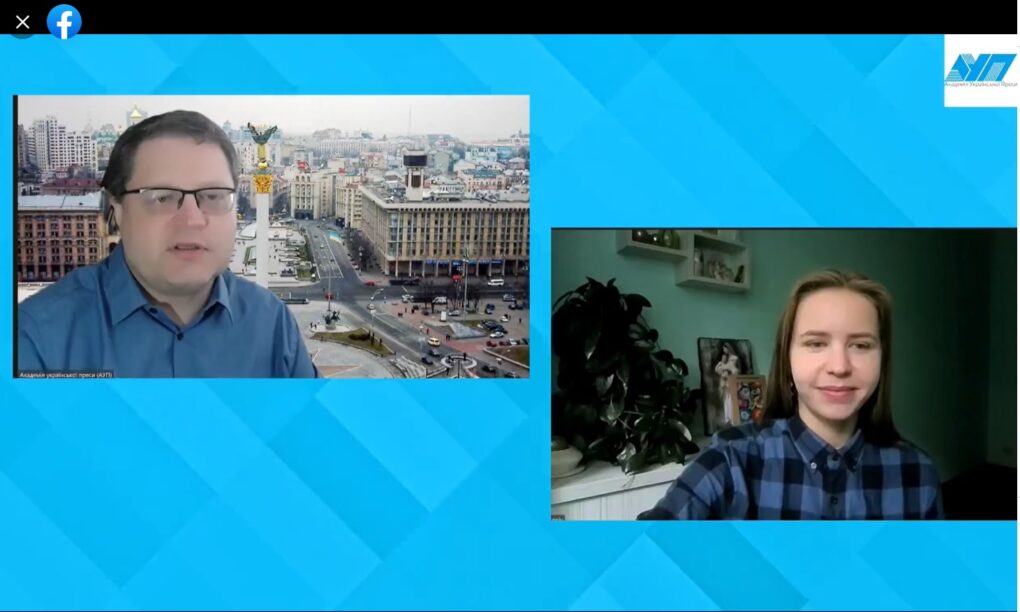
Greetings, friends!
On June 15, 2023, AUP held a presentation of the study to find out to what extent and in what form media literacy knowledge is being transferred to students in schools. We interviewed nine secondary school teachers who participated in AUP events and trainings in 2022-2023.
The key question we were interested in was whether the interaction of teachers with the AUP contributed to the development of media education practices in their institution. We also asked respondents from nine regions about their vision of media education in Ukraine. We also investigated which methods proved to be the most effective - what children respond to first and foremost.
The findings demonstrate that the relevance of critical thinking has increased dramatically since the outbreak of war. The AUP has an established expert base in this area, as it has been actively fighting disinformation and media manipulation since 2011. In addition, it constantly trains teachers at regional institutes of postgraduate pedagogical education, where media education and media literacy are integrated in various forms.
Respondents told us that, in particular, with the help of the AUP's methodological developments, schools are increasingly teaching lessons on proper online behavior and critical attitude to information. And the interest of educators in this topic and their willingness to implement such lessons in their classes is growing.
It is worth noting that the respondents are active participants in AUP events, use literature and online resources. Below are their opinions on why it is important to teach critical thinking skills to students, their work plans, and how we can be useful in this process:
- "The media path turned out to be successful for me. I participated in many AUP events. I used the experience gained by conducting numerous events on media literacy for teachers. There were no difficulties, everything worked out and it was a real achievement."
Teachers note that children are active media users and are vulnerable to their influence. Gadgets have become an integral part of children's lives and the educational process. It is important to use relevant examples and practical exercises where students can see the connection between theory and practice.
Thanks to the efforts of the AUP (training and methodological materials), teachers interested in this topic pass on knowledge in their lessons as part of the general educational process, so it is very pointed. Nevertheless, the introduction of lessons with media literacy elements can be considered a good start for the development of media education.
Recording of the presentation:
https://www.facebook.com/aupfoundation/videos/217197297794033/
We are grateful to the respondents and listeners! The findings will contribute to a better understanding of the effectiveness of the AUP. Stay tuned!